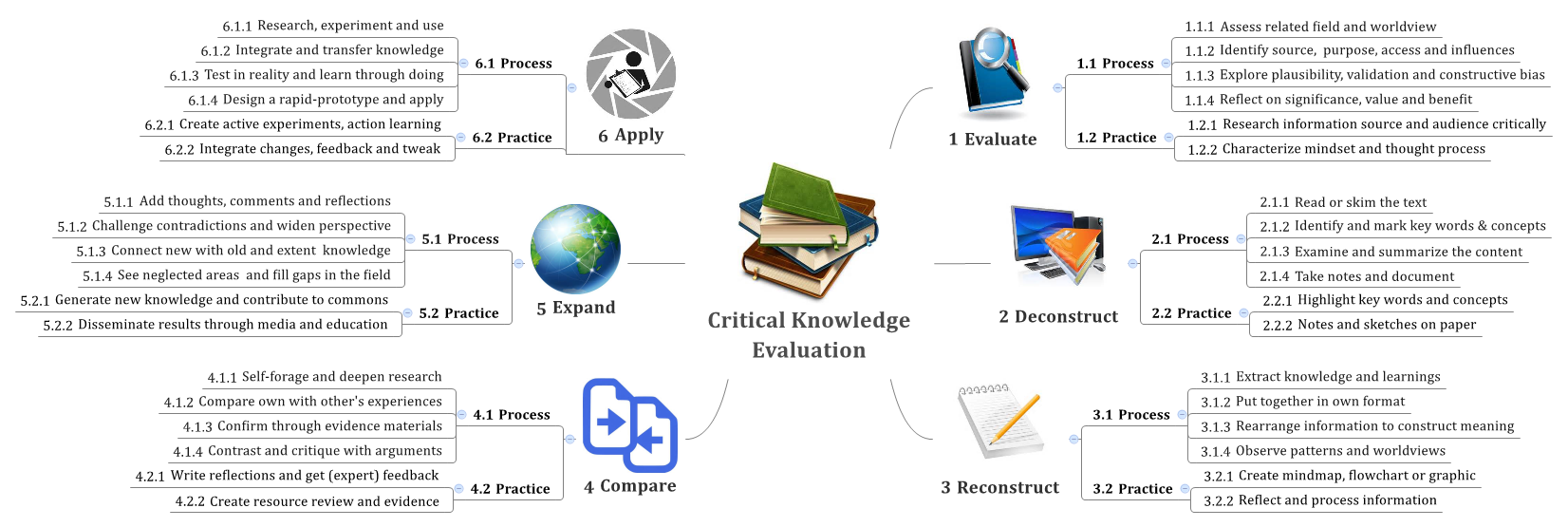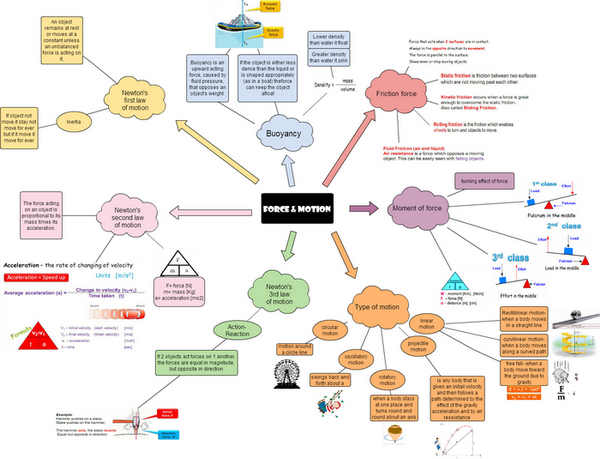

A mind mapping approach offered an appropriate solution, providing a mechanism for the relationships between comments as well as enabling the comments themselves to be captured and visualised.
Free mind mapping tools for evidence research software#
ECOUTER technical development and implementation Software specification and selectionĪn essential aspect of the ECOUTER methodology has been the requirement for contributions to be linked/threaded within a structured discussion space. 4.įeedback and refinement: The conceptual schema is fed back to the contributors and wider community along with recommendations for research, governance, policy and practice. 3.Ĭoncept and recommendation development: Analytic findings are then summarised in a conceptual schema that is, a map of key concepts, their nature and relationships. 2.Īnalysis: Once the ECOUTER has been conducted, the data are analysed using social science methods. We therefore describe the essential components for online engagement below. The exchange in question may be undertaken online or face-to-face, though the online mechanism is anticipated to be of greatest utility for engaging stakeholders who are geographically distributed.

In practice ECOUTER is a four stage process based on: 1.Įngagement and knowledge exchange: This stage involves defining a central question/issue and relevant stakeholder group(s) to facilitate discussion and contributions. Unpublished report), fully describes the rationale and development of the ECOUTER stakeholder engagement process, including the analysis of a number of use cases. ECOUTER (Employing COnceptUal schema for policy and Translation Engagement in Research): a tool to engage research stakeholders, 2016 A forthcoming paper (Murtagh, MJ., Minion, J.T., Turner, A., Wilson, R.C., Blell, M., Ochieng, C.A., Murtagh, B.M., Roberts, S. In this paper we describe the development of a digital methodology for the ECOUTER engagement process and share the instructions for its implementation. The ECOUTER process as outlined below can lead to the development of recommendations for research, governance, policy and practice. Social science methods of analysis (such as those described by GlaserĢ) of contributions made during the engagement process are applied iteratively resulting in qualitative findings and recommended actions. Taken from the French verb ‘to listen’, ECOUTER brings together the knowledge, skills and experience of stakeholder contributors and supports a two-way process of informing and generating evidence and understandings of the issue in question from those who know it best. ) is a new methodology for stakeholder engagement, utilising concept mapping to collaboratively address a question of interest in a defined stakeholder community (the method is summarised in theĮCOUTER introductory video).


Our aim was to develop a method and mechanism that was simple and accessible, yet allowed for a depth of analysis needed to uncover and disentangle the complexities and nuances that emerge when bringing together numerous personal understandings and experiences to understand an issue or topic.Įmploying COnceptUal schema for policy and Translation Engagement in Research (ECOUTER, Even when there is a genuine commitment to giving voice to diverse perspectives, stakeholder engagement may exclude the very people it seeks to involve because its structures aren’t sufficiently agile, inclusive or accessible. Because of these difficulties, stakeholder engagement often represents only a partial understanding of an issue and may not take account of potentially important perspectives. Most existing methods rely on being able to bring people together in real time in a single or small number of locations. However, achieving effective stakeholder engagement – engagement which represents all stakeholders equally, not just the articulate and powerful, and which engages at a depth and breadth that is appropriate to the issue at hand – is known to be potentially difficult, time consuming and expensiveġ. It makes sense that the people most involved or most affected by research, business or public actions would best understand how these practices affect them. Stakeholder engagement brings together individuals or groups who have an interest, a stake, in a topic or issue. Engaging stakeholders is understood to be essential to produce responsible practice in research as well as in business and public provision of social and health services.


 0 kommentar(er)
0 kommentar(er)
